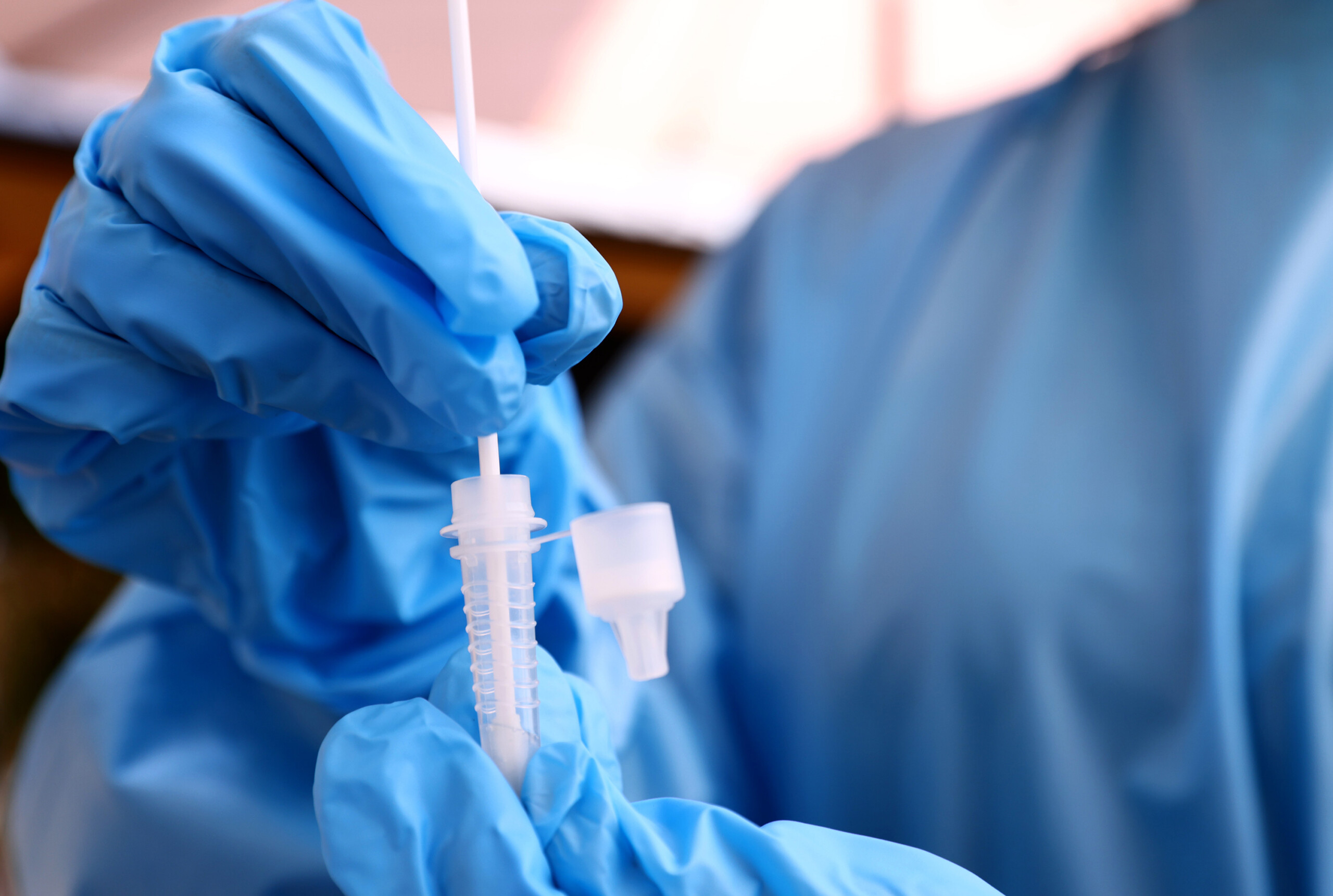First confirmed US case of omicron coronavirus variant detected in California
(CNN) — The United States’ first confirmed case of the omicron coronavirus variant has been identified in California.
In a White House news briefing, Dr. Anthony Fauci, director of the National Institute of Allergy and Infectious Diseases, said the case was in an individual who traveled from South Africa on November 22 and tested positive for COVID-19 on Nov. 29.
That individual, Fauci said, is self-quarantining and close contacts have tested negative for the coronavirus so far.
The person was fully vaccinated and is experiencing “mild symptoms, which are improving at this point,” Fauci said.
Asked by CNN whether that person had a booster shot, Fauci said, “To my knowledge, no.”
The California and San Francisco public health departments confirmed the case was caused by the omicron variant through genomic sequencing conducted at the University of California at San Francisco, and the sequence was confirmed by the U.S. Centers for Disease Control and Prevention.
Color Health said in a statement it returned the positive test result through an San Francisco COVID-19 testing program, and omicron was identified in under 30 hours “from the time of collection to strain confirmation.”
The World Health Organization designates omicron a “variant of concern.” In a technical brief released this week, WHO noted that the variant poses a “very high” global risk. The variant was first identified by scientists in South Africa, and has since been detected in several countries.
Scientists are working to determine how transmissible the variant is, how sick it makes people and how well current vaccines work against it. Until more information is learned about the variant, the United States restricted travel from South Africa and seven other countries.
On Monday, President Joe Biden called the variant “a cause for concern, not a cause for panic,” saying “we’ll have to face this new threat just as we face those who have come before it.”
Health officials are urging people to get vaccinated against COVID-19, or get a booster if they’re eligible. Other measures such as masks, handwashing, physical distancing and ventilation will still work against the omicron variant.
The delta variant of the coronavirus remains the dominant variant globally and in the United States.
